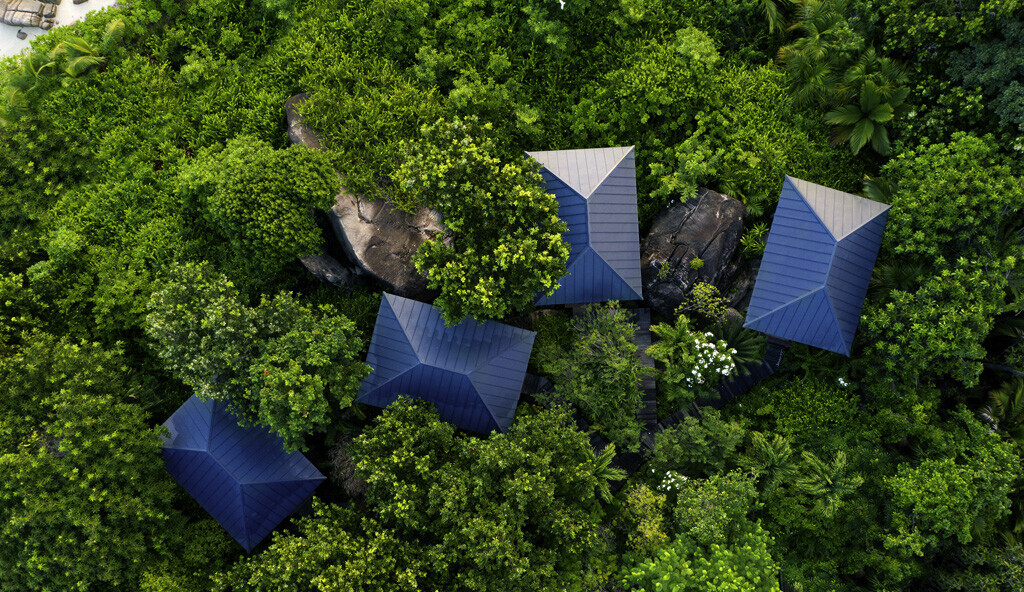Sustainable development as a shared goal
To successfully complete this transformation, Accor is pursuing a set of clearly defined non-financial goals with this area of performance being recognized as a key strategic priority. A main example of this is the Group’s introduction of an ambitious training program designed to increase employee awareness into sustainable development challenges, and supported by the close linking of bonuses for top management to sustainable development performances. The launch of School For Change has provided Group employees with access to a content platform and a training path focused on the fundamentals of climate change. This aims to improve individuals’ understanding of the causes of climate change and its impact on biodiversity and communities, with this facilitating the sharing of solutions to create positive change at every level. The course, which lasts for more than three hours, forms part of the annual targets and bonuses of all headquarter employees, 90% of which will have completed this training by the end of 2022.
Group employees have shown great unity in expressing a desire to take action and have come together in support of a shared goal. This is supported by the creation of SEED, (Saving the Environment Every Day), a specific environment focused group open to all employees. SEED is intended to bring together talents from all backgrounds in the group to share their best practices, stay informed, and motivate and inspire each other to take practical action in both their work and daily lives.
Brune Poirson, Chief Sustainability Officer Accor said “Our Group intends to place environmental protection at the heart of its business model. To ensure this transformation is successful, Accor is launching an extensive and groundbreaking training program focused on environmental challenges and aimed at all employees worldwide. This science-based training will enable every employee to gain a sound scientific knowledge base regarding what needs to be done to protect the environment. We are proud to launch this essential step in our transformation towards more sustainable hospitality”.
Ethical initiatives supporting employee wellbeing
To tackle current social and environmental challenges, Accor also encourages the use of greener modes of transport, for example with MOOV, which makes company bikes available to staff based at its headquarters. Under the sustainable transport scheme, employees can choose a traditional, folding or electric bike from 300+ models, and have most of the monthly leasing, insurance and maintenance costs co-financed by Accor. In partnership with Zenride, this acclaimed and award-winning initiative is beneficial to the health of both employees and the planet: 30 minutes daily cycling keeps the body active and saves the equivalent of 1.9kg CO2 when compared with driving*.
Mindful of the wellbeing of its employees, Accor also gives them greater flexibility and autonomy by offering all employees the option to work remotely, irrespective of their status (with the exception of senior executives), contract or responsibilities, for a maximum of 12 remote working days per month. With 72% of employees saying they are less tired when working remotely (saving the time normally spent on transport or in commuter traffic)**, the Group is opting for a more convenient way of working, in line with its employees’ preferences. Since 2019, Accor has launched WOJO co-working spaces within Group hotels around the world, to promote remote working for its guests, partners and employees.
Steven Daines, Chief Talent & Culture Officer Accor said “The wellbeing of our Heartists® is our priority and we want to give them the best possible experience. That is why we offer ever more sustainable alternatives adapting to current trends, Accor’s overall vision, and what our employees want. This initiative is just another example of Accor’s commitment to its employees and to the Group’s human, social and environmental values”.
* ADEME – Agence De l’Environnement et la Maitrise de l’Energie (French Environment and Energy Management Agency)
** 2021 Malakoff Humanis Study




